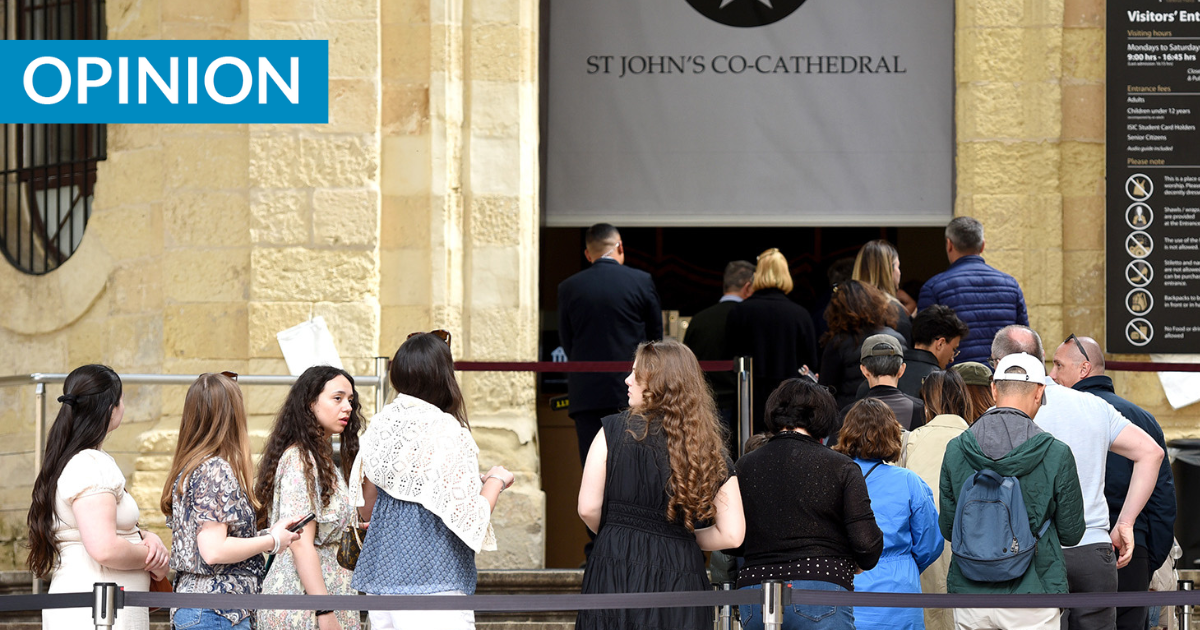First, we need to define what is tourism. Tourism is the act and process of spending time away from home in pursuit of recreation, relaxation and pleasure, while making use of the commercial provision of services.
There is no doubt that tourism is economically beneficial to the host destination, in that the expenditure by visitors generates income and employment in that destination. Tourism has always been an important economic sector for Malta.
In an article published on the Times of Malta in 2023, Lino Briguglio said that tourism contributed directly to 10% of Maltese GDP in 2019. He also pointed out that tourism contributes indirectly to a further 5% of GDP.
Examples of sectors that benefit indirectly from tourism are textile and furniture manufacturers providing goods for hotels or resorts or insurance companies offering travel, property or business coverage for tourism enterprises.
During 2024, tourism arrivals continued to increase and reached a record level of 3.6 million, almost a fifth more than the previous year. This increase is extraordinary as besides being significant, it was achieved on an already high number. What is also positive is that strong growth was registered from all the major source markets.
This is important because Maltese tourism is not dependent on any market as was the case a few decades ago when tourism was overdependent on the UK market.
Furthermore, the number of nights spent by tourists in Malta rose to 22.9 million in 2024, representing a 13% increase compared to 2023.
Tourist arrivals are obviously a very good indicator of the strength of the tourism sector in a country, but even more important is tourist expenditure. Tourism spending − on accommodation, food, transport, entertainment and shopping − injects direct revenue into the host economy and contributes to economic growth. It generates employment and contributes to government revenue. Tourist spending also boosts local entrepreneurship and supports small- and medium-sized enterprises (SMEs) in crafts, food production and retail.
In 2024, tourist expenditure increased by almost 25% and reached almost €3.3 million. Given that tourism expenditure grew at a faster rate than arrivals, per capita spending increased to €923.6 in 2024, up from €897.2 in 2023 − representing a 3.0% rise. This shows the important contribution of the tourism sector to the Maltese economy. It constitutes one of the key pillars driving our economy to outperform other European economies.
Tourism spending injects direct revenue into the host economy
This strong performance has continued in 2025. In April, tourist arrivals were 14.6% higher than the corresponding month of the previous year. Furthermore, tourist expenditure in April increased by 23.6% when compared to April 2024.
This success in the tourism sector was not achieved by chance but by the good management of the Labour government and the entrepreneurship of the private sector. The government has successfully diversified its tourism source markets, reducing dependence on a few countries and building resilience. This has been achieved by targeted marketing campaigns aimed at emerging markets alongside traditional ones like the UK, Italy, Germany and France.
The Malta Tourism Authority (MTA) has implemented focused promotional strategies and incentive schemes, especially for off-peak travel and niche segments. For this reason, MTA has recently published three distinct marketing support programmes for conferences and expos, sports events and music tourism. Efforts by the government to improve cultural heritage sites and increased coastal maintenance have also had a positive effect on tourism.
Not only has the number of arrivals increased, but per capita expenditure has also risen, reflecting higher-quality tourism and increased value capture. This has contributed to the increase in Malta’s GDP.
The remarkable performance of the tourism sector serves as further evidence of the Labour government’s astute and strategic management of one of Malta’s most vital economic pillars. This success has been achieved despite the presence of significant geopolitical tensions − such as regional instability and broader global uncertainty − which typically exert a dampening effect on international travel and tourism demand.
Through targeted policy interventions, the government was able to support the sector effectively during the COVID-19 pandemic and its aftermath. These measures included financial assistance schemes for tourism operators, strategic marketing campaigns to restore Malta’s image as a safe and attractive destination, and incentives aimed at stimulating travel.
As a result of this proactive approach, the tourism industry not only recovered more swiftly than anticipated but has also entered a phase of unprecedented growth and diversification.
The current performance of the sector − evidenced by record-high tourist arrivals, increased per capita expenditure and an extended tourism season − illustrates the success of long-term planning and policy alignment. This outcome underscores the government’s ability to combine economic resilience with forward-looking sectoral governance, transforming challenges into opportunities for sustainable growth.
